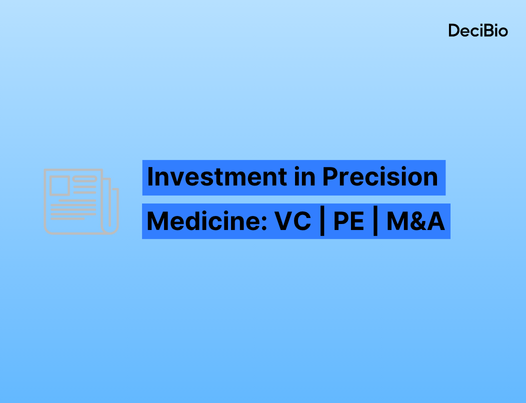The landscape of medical research and clinical practice continues to evolve, as evidenced by the groundbreaking discussions and presentations at two pivotal conferences this year: the Society for Immunotherapy of Cancer (SITC) 2023 in San Diego and the Association for Molecular Pathology (AMP) 2023 in Salt Lake City. These events not only showcased the latest advancements but also highlighted the shifting paradigms in patient care and laboratory practices, driven by growing insight into personalized approaches to medicine and accelerated by the integration of AI in research and development.
SITC 2023: Personalized Immunotherapies at the Forefront
At SITC 2023, a noticeable shift was observed towards personalized and targeted immunotherapies, improving on traditional off-the-shelf therapies like checkpoint inhibitors and adjuvants. Many of these innovative approaches were driven by synthetic biology, such as cell therapies engineered for greater specificity via synthetic receptors and designer ligands, and bispecific antibodies that couple these intelligently-designed therapies with targeted drug delivery to reduce toxicities and off-target effects.
From a technology perspective, the excitement around spatial biology continues, although the large amounts of data generated seem to be running up against the bottleneck of available data analysis tools, currently limiting the utility of these rich datasets.There was still a strong presence of spatial biology vendors in the exhibit hall (with nearly equal representation of instruments and analysis vendors), but spatial approaches commanded fewer presentation sessions than last year. Based on conversations with attendees it’s clear that the usage of spatial biology platforms is growing rapidly, attesting to the belief that spatial data will provide valuable and unique data. However, as analysis pipelines continue to be developed and refined, clinically actionable insights derived from this data are still somewhat limited.
AMP 2023: BalancingTechnological Advancements and Regulatory Safeguards
As evidenced by its standing-room-only attendance, one of the most engaging sessions at AMP focused on the application of artificial intelligence to clinical laboratory workflows. Titled "Intro to AI/ML for the Non-Computational Scientist," this session underscored AI's growing role in traditionally non-technical departments. A key segment of the discussion focused on the potential use of ChatGPT in streamlining data analysis, aiding in diagnostic processes, and enhancing patient data management. However, challenges such as ensuring data accuracy, managing privacy concerns, and the need for continuous AI training remain critical areas for attention. While the potential advantages of such tools in enhancing productivity and efficiency are clear, an open and ongoing area of discussion is how to balance these benefits with the appropriate safeguards – some of which may need to be regulatory.
As an organization, much of AMP’s attention is currently focused on the FDA’s proposed rule regulating LDTs, which is open for comments until December 4. This rule intends to phase out the FDA's enforcement discretion for most LDTs, classifying them as medical devices subject to FDA oversight and approval (see our Dexter pulse). The rule, expected to be implemented gradually post-finalization, has been a topic of intense debate. Proponents argue that it ensures the reliability and accuracy of these tests, while opponents, including AMP and many other professional and medical organizations, contend that such regulation could restrict low-risk testing and reduce accessibility.
With a shift towards more personalized treatments, the integration of AI into healthcare, and rigorous debates on regulatory frameworks, these conferences have highlighted the multifaceted nature of modern medicine. These advancements and discussions are not just shaping current practices but are also paving the way for a future where precision medicine, bolstered by technological innovation, becomes a standard in patient care.




.png)

.png)


